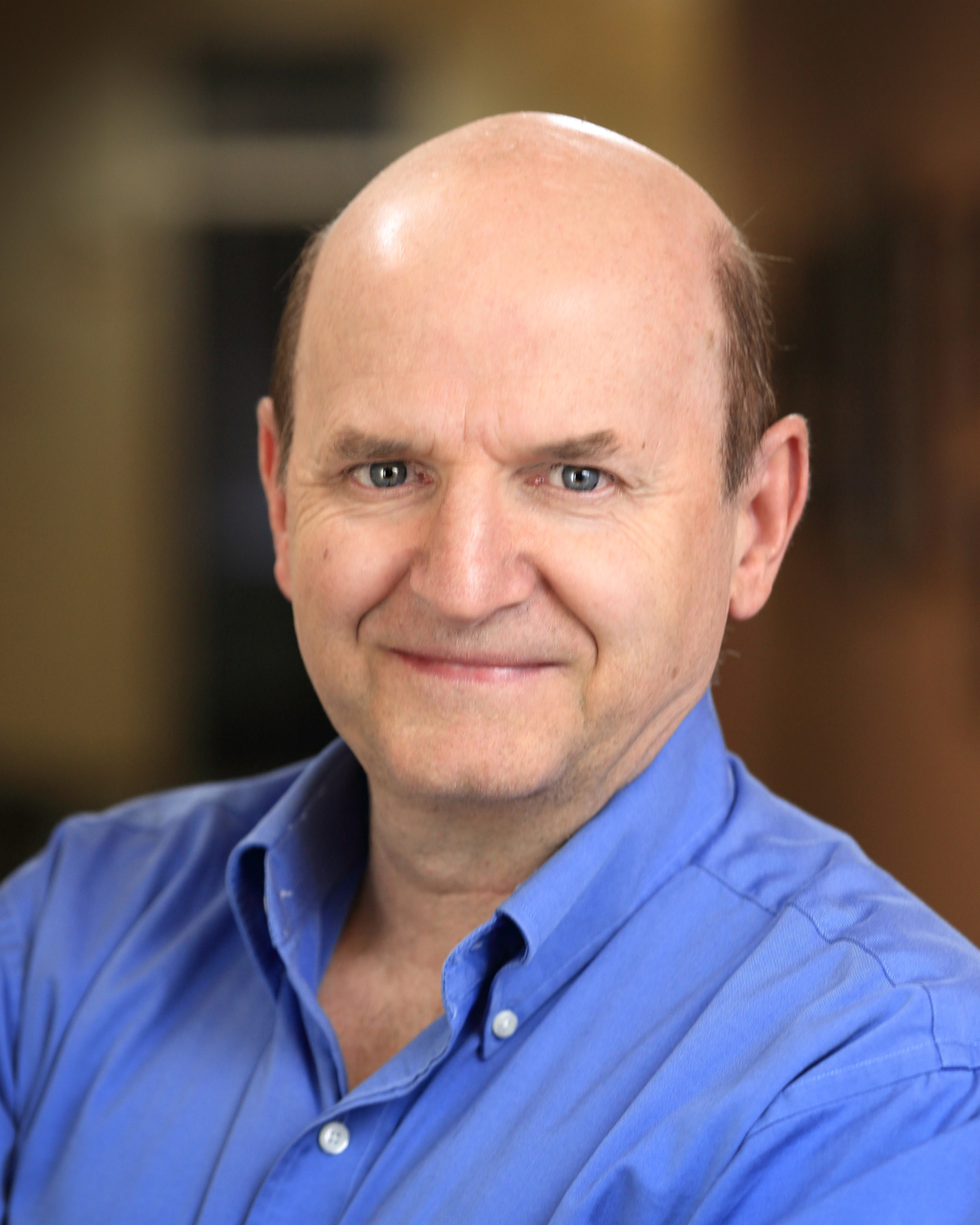Causes of Polycystic Ovarian Syndrome
I frequently diagnose and successfully treat women with polycystic ovarian syndrome (PCOS). PCOS is a common problem affecting 1 in 6 women. The term polycystic ovary means many cysts in the ovary. These cysts are the result of ovarian hormones that are slightly out of balance, resulting in missed or irregular periods. As a reproductive specialist, I have helped thousands of patients with PCOS grow their families.
Diagnosing PCOS
There are many factors that can cause PCOS including genetics, insulin resistance, unusual ratios of hormones, and others. High levels of male hormone and high levels of insulin are often associated with PCOS symptoms.
PCOS Symptoms
Patients wondering if PCOS might be a cause of their infertility should look for the following symptoms:
- Irregular menstruation, often more than 35 days apart
- Weight Gain/Obesity (although women without weight issues can also have PCOS)
- Unwanted Hair Growth in male pattern places
- Thinning Hair
- Acne
- Increased Fatigue/Low Energy
- Mood Changes
When diagnosing my patients, I do an ovarian ultrasound and check several hormones to determine if PCOS is involved. Once a patient is diagnosed with PCOS, we can move forward quickly to help them regulate their menstrual cycle to achieve a pregnancy. The good news is that this condition can, in most cases, be effectively treated with medications (see detailed medication information below).
Treatments and PCOS Medications
PCOS patients are sometimes treated with Metformin, Clomid, Letrozole (Femara), FSH (Follicle Stimulating Hormone), and hCG (human chorionic gonadotropin). Metformin is an “insulin sensitizing drug” which lowers insulin levels by increasing cellular sensitivity to insulin. This increased sensitivity leads to lower insulin levels, reducing male hormone production, and allowing normal ovulation to resume. We will sometimes prescribe Metformin for “long term” treatment of PCOS. Myoinositol is an over the counter supplement that is not as strong, but may have the same effect.
Patients often wonder if they should pursue treatment with their gynecologist or if they should seek help from a reproductive specialist. Both are able to diagnose and begin treating PCOS. FSH for ovulation induction should only be administered to PCOS patients by an infertility specialist as these patients can have an exaggerated, unpredictable response to this drug which can lead to triplets (or more), and hyperstimulation, which can be deadly.
If oral medications are not successful, intrauterine insemination (IUI) combined with Clomid/Letrozole and/or FSH is often the next step in helping patients. Most of my patients become pregnant without needing in vitro fertilization (IVF).
Surgery For Polycystic Ovarian Syndrome
Surgery, once a common treatment for Polycystic Ovarian Syndrome, involves removing sections of the ovary (or ovarian drilling) in an attempt to lower the production of male hormone. These surgeries are rarely performed today due to the effectiveness of medications and the risks of the surgery.
I have seen many changes in medications and technology available over my long career. I am so thankful for these advances which have helped reproductive specialists, like myself, increase pregnancy rates. There is nothing better career-wise than the joy of helping patients make the dream of having a child come true.
ClomidWorks in the hypothalamus, a small gland at the base of the brain that monitors estrogen, to regulate and stimulate ovulation. Clomid is usually started on cycle day 3, 4 or 5 and continued for 5 days. If ovulation does not occur, the dose is increased. Side-effects include decreased cervical mucus, thinning of the endometrial lining, and emotional irritability. There is a risk of multiple births, especially when used with FSH, so patients must be monitored well by a gynecologist or reproductive specialist. If unable to get pregnant within 3-6 cycles, the patient should consult a reproductive specialist as prolonged use of Clomid is unlikely to be effective. Our specialists use ultrasound to monitor follicle development and physically examine patients to check for side effects such as ovarian enlargement. LetrozoleWorks in the ovaries, lowers the production of estrogen, and normalizes the number of eggs released (PCOS patients often release multiple eggs due to medications used). Letrozole does not have some of the adverse side-effects associated with Clomid in some patients, such as emotional irritability. This medication should not be taken if pregnant, so a pregnancy test is required prior to using Letrozole. Side effects may include hot flashes, nausea, and vomiting. Follicle Stimulating Hormone (FSH)FSH products are divided into two categories: 1) those extracted from the urine of post-menopausal women, and 2) those made using genetic technology (cloning the human FSH gene). FSH is excreted in the urine and levels increase after menopause because of lack of good quality eggs. These products stimulate follicular development and have varying effects on endometrial development. Medications and doses are individualized and monitored through ultrasound for each patient to provide the best stimulation and to reduce chances of side effects and multiple births. Once the follicles mature, and injection of Human Chorionic Gonadotropin (HCG) is given to prepare the egg for retrieval or to schedule an IUI. FSH should only be administered by a reproductive specialist. hCGhCG is a naturally occurring hormone produced by the placenta once a pregnancy is established and is the hormone measured in pregnancy tests. hCG causes maturation and release of the egg. hCG is injected to induce ovulation in ovarian stimulation cycles for IVF and IUI. |
| Dr James Heiner is a Board Certified Infertility Specialist, Reproductive Endocrinologist, and is the founder of Reproductive Care Center, the first private practice infertility and IVF clinic in the state of Utah. RCC has 3 locations in Utah (Sandy, Pleasant Grove & Clearfield) as well as in Idaho Falls, Idaho, serving patients in Utah, Idaho, Montana & Wyoming. Dr Heiner has helped thousands of patients grow their families.
|







